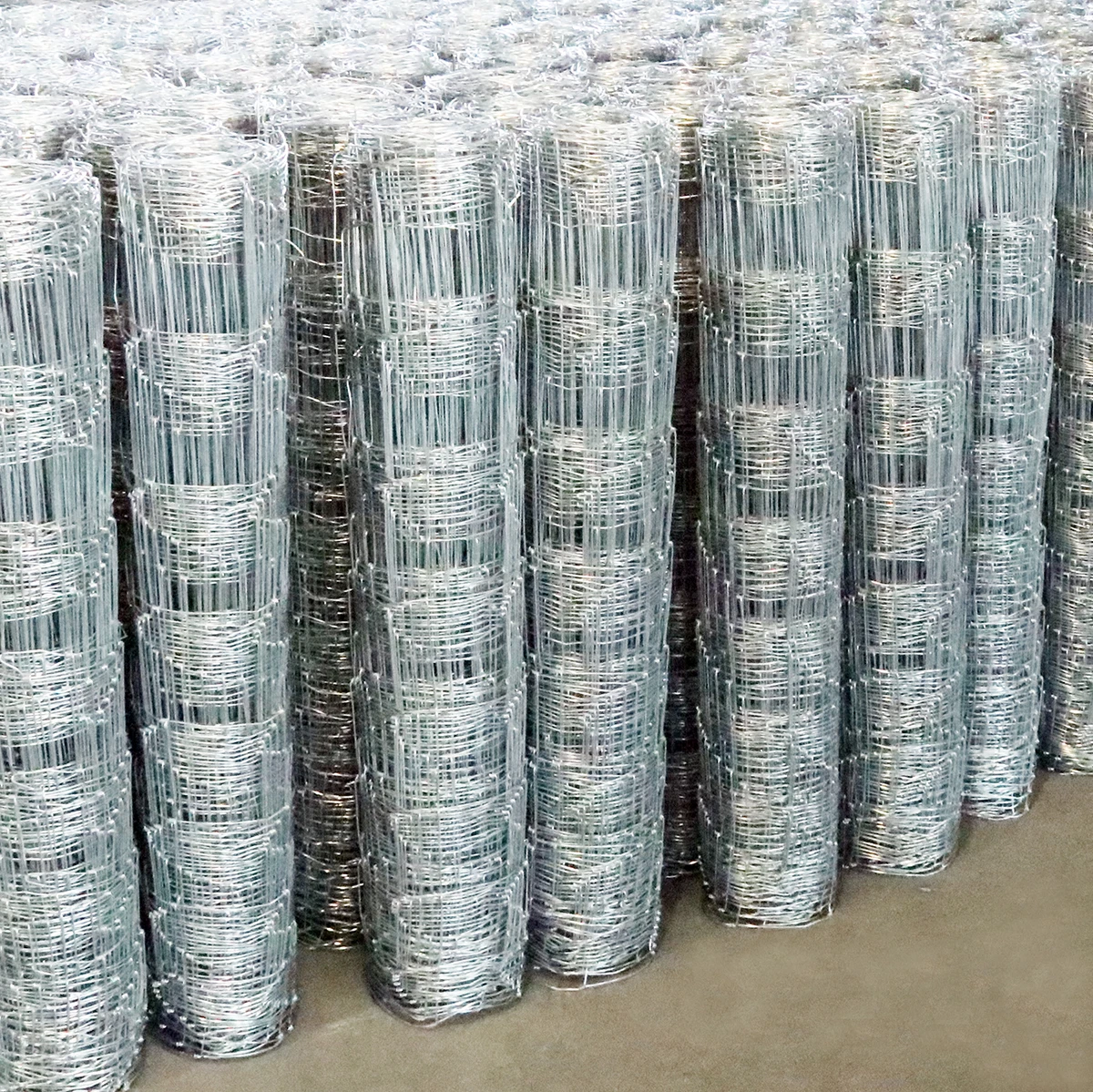Understanding the Basics and Applications of Ground Ball Screws in Machinery
11月 . 29, 2024 12:55
Understanding Ground Ball Screws A Key Component in Precision Machinery
Ground ball screws are essential components in a wide range of precision machinery and automation systems. These screws convert rotational motion into linear motion, enabling accurate positioning and movement in various applications. Understanding the function, benefits, and manufacturing process of ground ball screws is crucial for engineers and designers who rely on them for optimal machine performance.
The Basics of Ground Ball Screws
At its core, a ground ball screw consists of a screw spindle and a nut that contains ball bearings. The ball bearings roll between the screw's helical grooves and the nut, providing a low-friction surface that enhances performance. This design allows the smooth transfer of motion and minimizes wear and tear on components. Ground ball screws are recognized for their high efficiency, precision, and durability, making them ideal for applications requiring fine control.
Key Benefits
1. High Efficiency Ground ball screws boast an efficiency ranging from 90% to 95%, significantly higher than other types of linear motion systems like lead screws, which typically operate at around 40% to 60%. This efficiency translates into reduced energy consumption and improved operational costs.
2. Precision and Accuracy Due to their design, ground ball screws provide precise positioning with minimal backlash. This characteristic is crucial in applications such as CNC machining, robotics, and medical devices, where exact positioning is essential for successful outcomes.
3. Durability The use of ball bearings reduces friction and wear between moving parts, resulting in longer service life even under heavy loads. Ground ball screws can handle higher loads without significant degradation, making them ideal for heavy-duty applications.
4. Versatility Ground ball screws come in various configurations and sizes, allowing them to be customized for specific applications. This versatility makes them suitable for industries ranging from automotive to aerospace, electronics, and beyond.
Manufacturing Process
ground ball screw

The manufacturing of ground ball screws involves several key steps, ensuring their high quality and performance. The process typically begins with the selection of high-grade materials, such as stainless steel or specialized alloys, which contribute to the screw's strength and corrosion resistance.
1. Grinding The manufacturing process primarily revolves around grinding. The screw spindle is ground to achieve precise dimensions, surface finish, and thread profiles. This grinding process ensures that the helical grooves that accommodate the ball bearings are uniform and accurate.
2. Ball Insertion Once the spindle is fabricated, precision ball bearings are inserted into the nut. This step requires exact alignment to minimize backlash and ensure a smooth operation of the screw assembly.
3. Assembly After the balls are inserted, the nut is mated to the spindle. This assembly must be performed with careful attention to detail to maintain the precision for which ground ball screws are known.
4. Testing Quality assurance is vital in the manufacturing process. Each ground ball screw undergoes rigorous testing to assess its load capacity, efficiency, backlash, and overall performance. This step ensures that only the highest quality products reach the market.
Applications
Ground ball screws are widely used across various industries due to their benefits. In the automation industry, they drive machinery that requires linear movement with precision, such as conveyor systems and picking-and-placing robots. CNC machines utilize ground ball screws to move cutting tools with high accuracy, directly impacting the quality of the finished product.
In the medical field, ground ball screws play a crucial role in devices such as surgical robots and imaging systems. Their precision and reliability are vital for patient safety and treatment effectiveness. In aerospace, these screws are essential in high-tolerance applications like actuators in aircraft components, where even the slightest deviation can have dire consequences.
Conclusion
In conclusion, ground ball screws are a fundamental element in modern precision machinery, offering high efficiency, durability, and versatility. Their unique design and manufacturing process allow them to meet the stringent requirements of various industries, from automation to aerospace. As technology advances and the demand for precision increases, the significance of ground ball screws will only continue to grow, making them a critical area of study for engineers and manufacturers alike.









 Unity
Unity Creation
Creation Challenge
Challenge Contribution
Contribution










